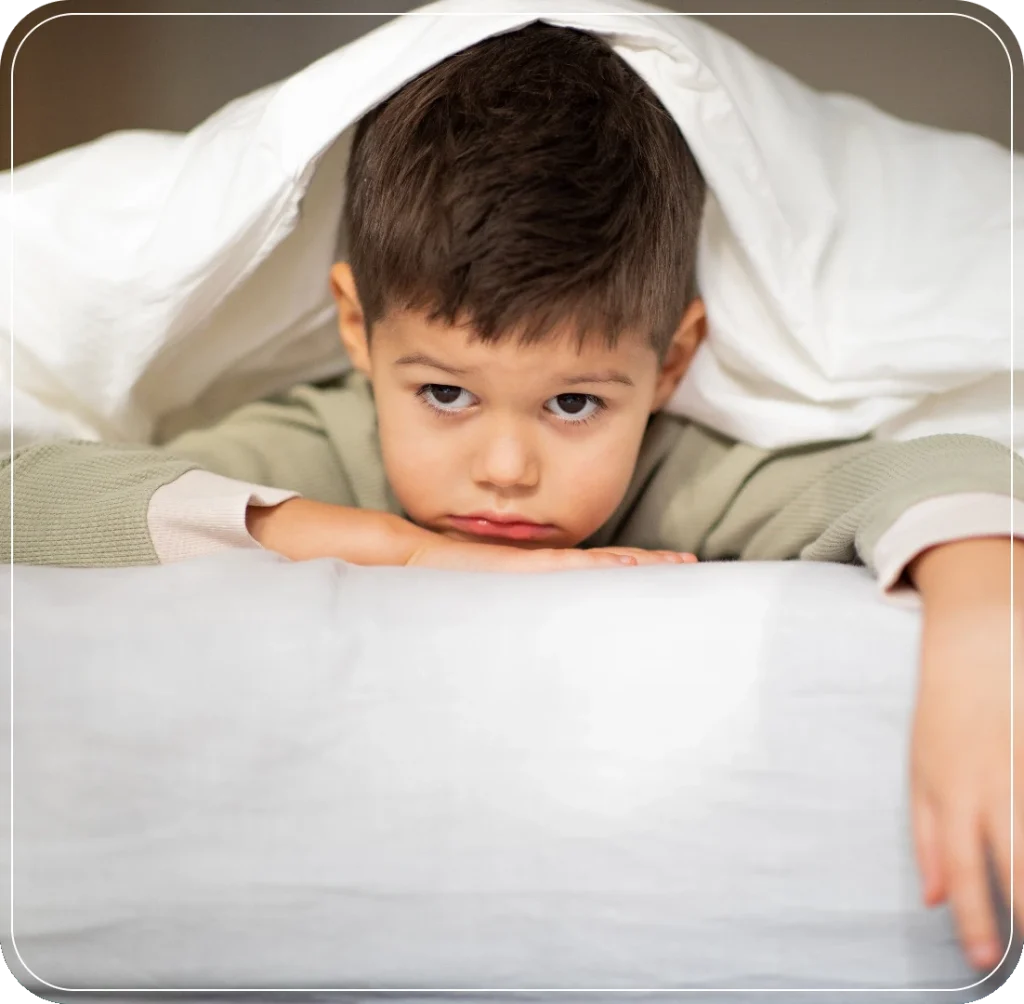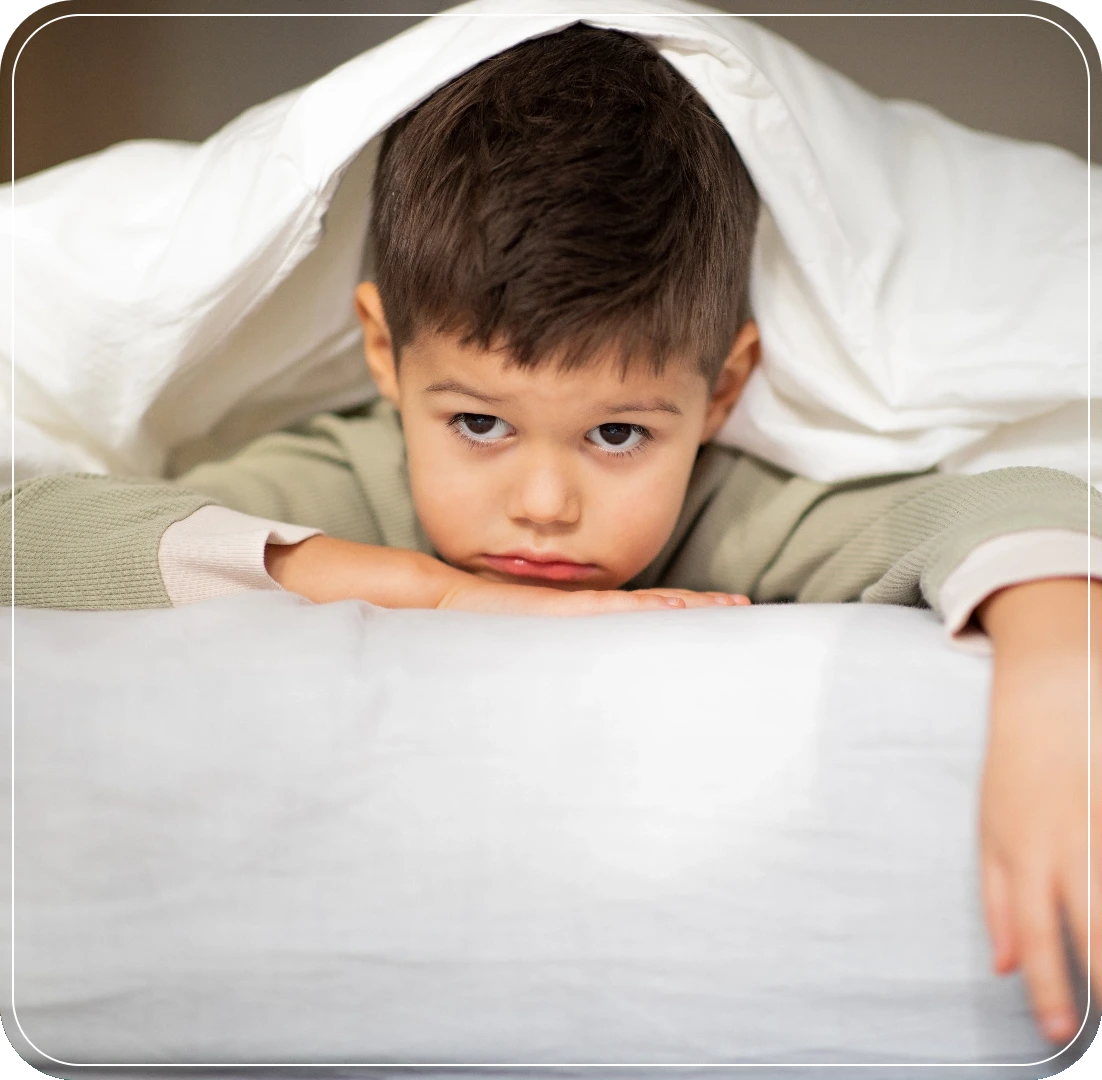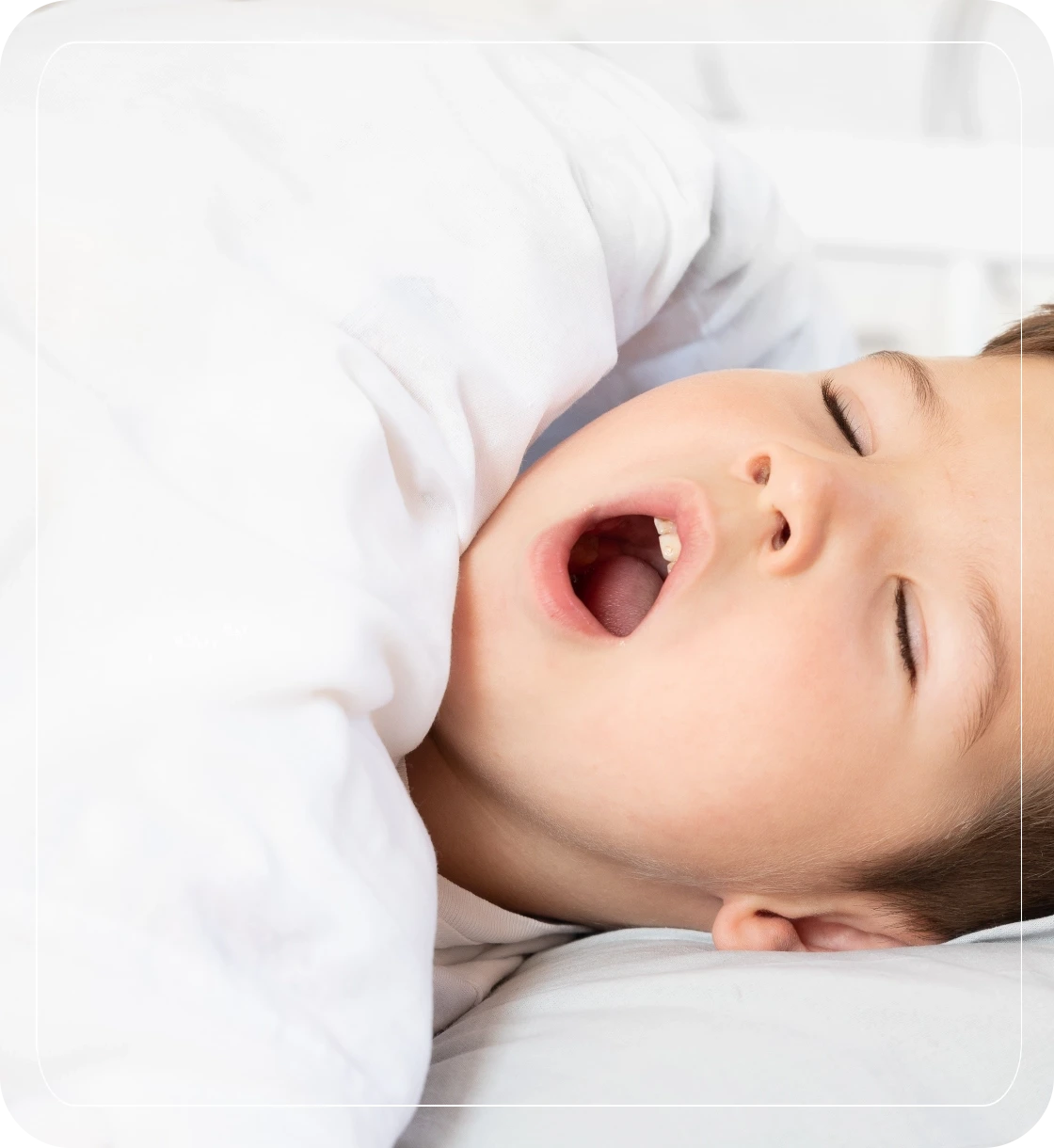All
General Paediatrician
Paediatric Allergist & Immunologist
Paediatric Gastroenterologist
Paediatric Respiratory & Sleep Physician
Neonatal Paediatrician
General Paediatric Surgeon
Paediatric Urologist
Clinical Geneticist
Pediatric Hepatologist
Nephrologist
Orthopaedic
All
General Paediatrician
Paediatric Allergist & Immunologist
Paediatric Gastroenterologist
Paediatric Respiratory & Sleep Physician
Neonatal Paediatrician
General Paediatric Surgeon
Paediatric Urologist
Clinical Geneticist
Pediatric Hepatologist
Nephrologist
Orthopaedic
All
Psychologist
Dietitian






